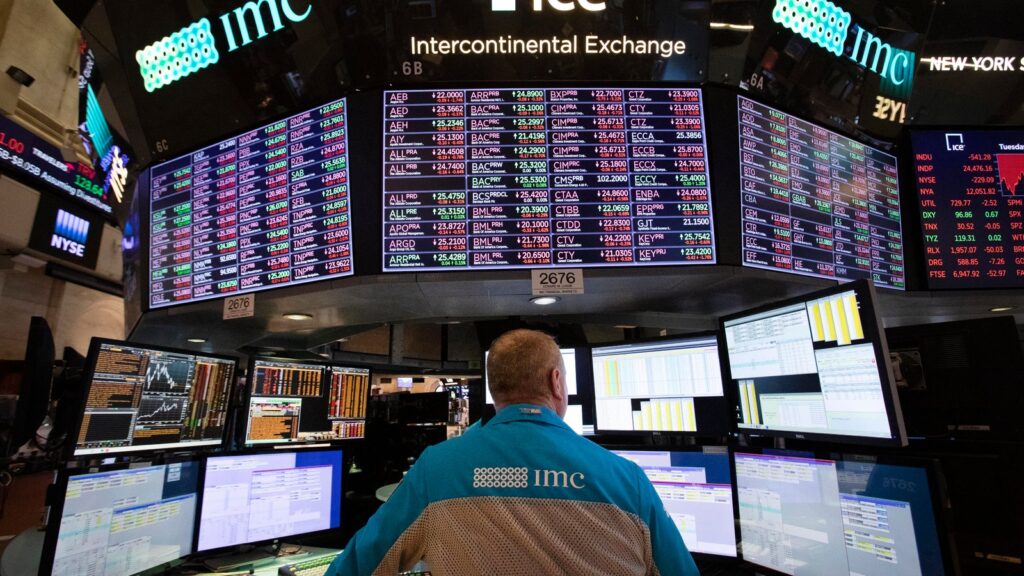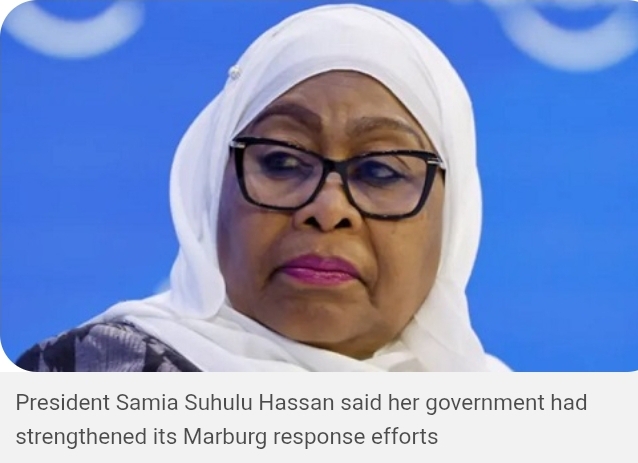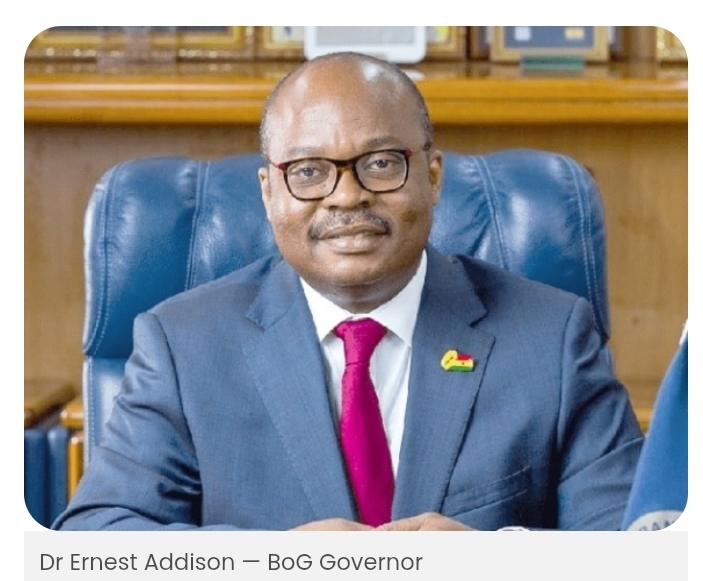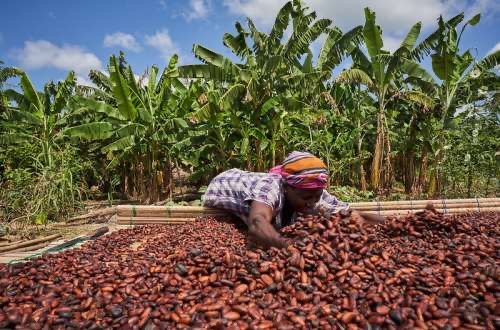A newly released World Bank report on Ghana’s public finance review has sounded the alarm on the country’s vulnerability to global shocks. Despite Ghana’s impressive economic growth over the past decade, driven largely by oil production, the nation remains highly susceptible to external economic pressures due to its debt accumulation and reliance on oil-driven growth ¹.
The report, titled “Building the foundations for a resilient and equitable fiscal policy,” emphasizes the need for Ghana to implement structural reforms to address the root causes of its economic crisis. This includes strengthening expenditure controls, enhancing revenue collection, and promoting more efficient public spending.
According to Robert Taliercio, World Bank Country Director for Ghana, Liberia, and Sierra Leone, Ghana must persist in its ambitious fiscal consolidation efforts while ensuring that adjustments are both fair and sustainable. “It is crucial to protect pro-poor and pro-growth investment while enhancing domestic revenue mobilization,” he stressed.
The report highlights that Ghana’s GDP growth of 6.8% annually from 2008 to 2019 was largely fueled by the oil sector, but this growth has come at a cost. The country’s debt accumulation has reached alarming levels, and its recent debt crisis was fueled by weak expenditure controls, inefficient public spending, underperforming revenue collection, and costly borrowing.
To address these challenges, the World Bank recommends that Ghana implement measures to improve its fiscal discipline and oversight, enhance domestic revenue mobilization, and promote more efficient public spending. The report also emphasizes the need for Ghana to address its increasing fiscal liabilities stemming from the energy and cocoa sectors.
As Ghana navigates its economic challenges, the World Bank’s report serves as a timely reminder of the need for prudent fiscal management and structural reforms to ensure sustainable economic growth and development.
* newly released World Bank report on Ghana’s public finance review has sounded the alarm on the country’s vulnerability to global shocks. Despite Ghana’s impressive economic growth over the past decade, driven largely by oil production, the nation remains highly susceptible to external economic pressures due to its debt accumulation and reliance on oil-driven growth.
The report, titled “Building the foundations for a resilient and equitable fiscal policy,” emphasizes the need for Ghana to implement structural reforms to address the root causes of its economic crisis. This includes strengthening expenditure controls, enhancing revenue collection, and promoting more efficient public spending.
According to Robert Taliercio, World Bank Country Director for Ghana, Liberia, and Sierra Leone, Ghana must persist in its ambitious fiscal consolidation efforts while ensuring that adjustments are both fair and sustainable. “It is crucial to protect pro-poor and pro-growth investment while enhancing domestic revenue mobilization,” he stressed.
The report highlights that Ghana’s GDP growth of 6.8% annually from 2008 to 2019 was largely fueled by the oil sector, but this growth has come at a cost. The country’s debt accumulation has reached alarming levels, and its recent debt crisis was fueled by weak expenditure controls, inefficient public spending, underperforming revenue collection, and costly borrowing.
To address these challenges, the World Bank recommends that Ghana implement measures to improve its fiscal discipline and oversight, enhance domestic revenue mobilization, and promote more efficient public spending. The report also emphasizes the need for Ghana to address its increasing fiscal liabilities stemming from the energy and cocoa sectors.
As Ghana navigates its economic challenges, the World Bank’s report serves as a timely reminder of the need for prudent fiscal management and structural reforms to ensure sustainable economic growth and development.











